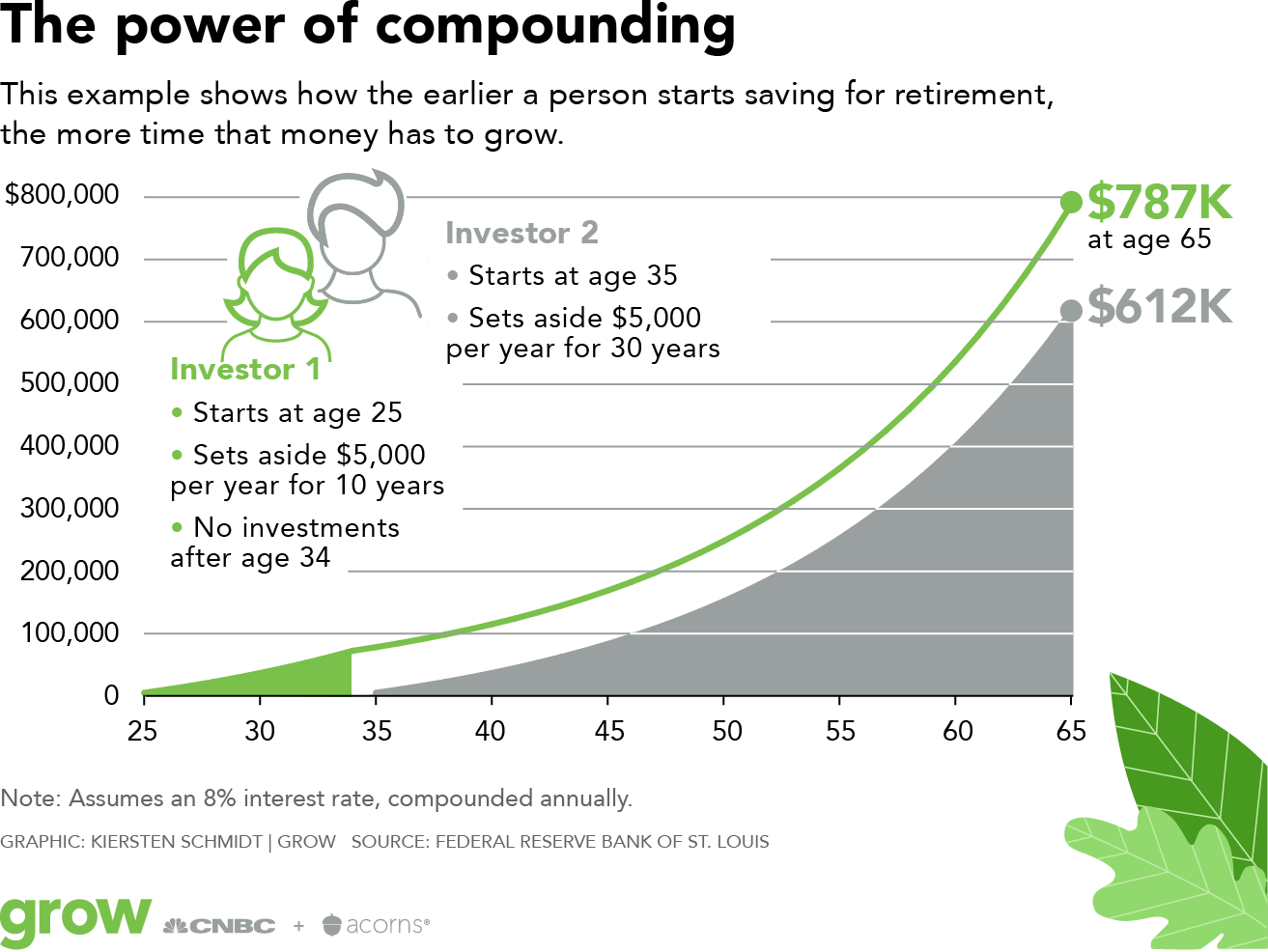If the thought of investing in the stock market frightens you, you are not alone. Individuals with very limited experience in stock investing are either frightened by scary stories of the typical investor losing 50% of their portfolio valuefor example, in the two bear markets that have actually already occurred in this millennium or are beguiled by "hot tips" that bear the pledge of substantial benefits however hardly ever pay off.

The truth is that purchasing the stock exchange brings threat, however when approached in a disciplined way, it is one of the most efficient methods to develop one's net worth. While the worth of one's home normally represents many of the net worth of the average private, most of the wealthy and extremely rich usually have most of their wealth purchased stocks.
Secret Takeaways Stocks, or shares of a company, represent ownership equity in the company, which provide shareholders voting rights as well as a residual claim on business profits in the kind of capital gains and dividends. Stock markets are where individual and institutional investors come together to purchase and sell shares in a public venue.
For circumstances, a private or entity that owns 100,000 shares of a company with one million outstanding shares would have a 10% ownership stake in it. Most companies have impressive shares that run into the millions or billions. Common and Preferred Stock While there are 2 primary types of stocktypical and chosenthe term "equities" is associated with typical shares, as their combined market price and trading volumes are lots of magnitudes bigger than that of favored shares.
Preferred shares are so called because they have preference over the typical shares in a company to receive dividends as well as assets in case of a liquidation. Typical stock can be additional categorized in terms of their ballot rights. While the fundamental premise of common shares is How Does Investing Work that they need to have equal voting rightsone vote per share heldsome business have dual or multiple classes of stock with various ballot rights connected to each class.